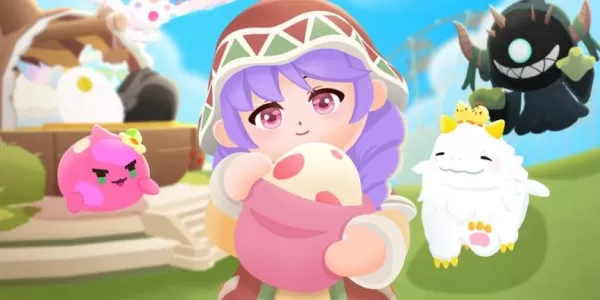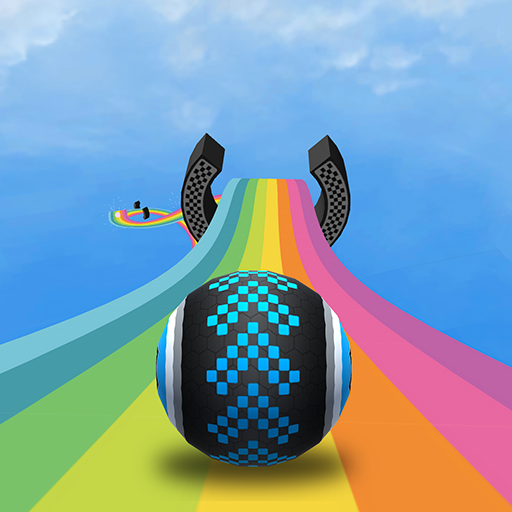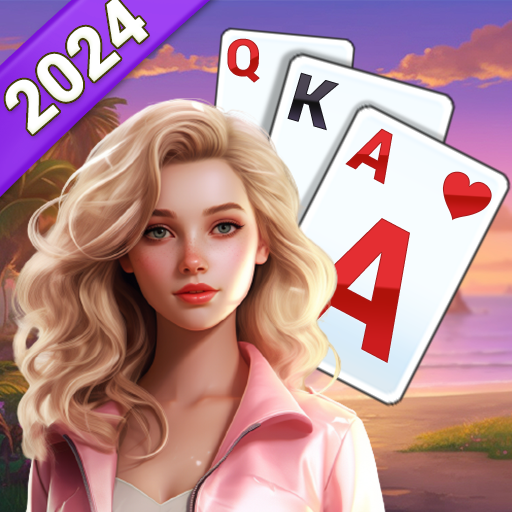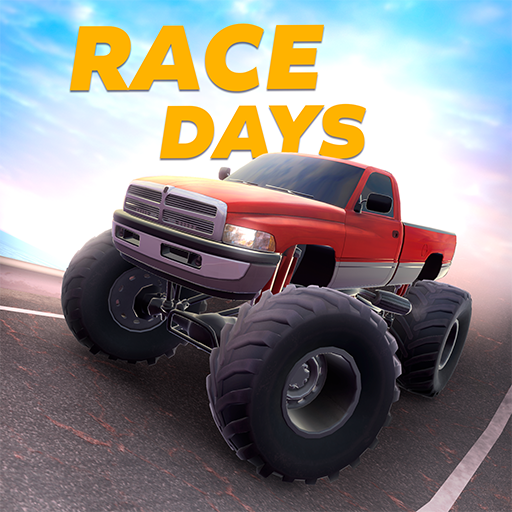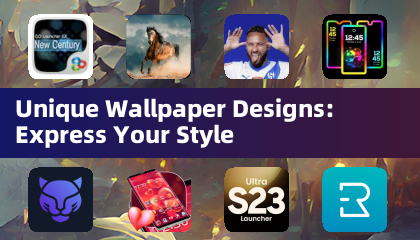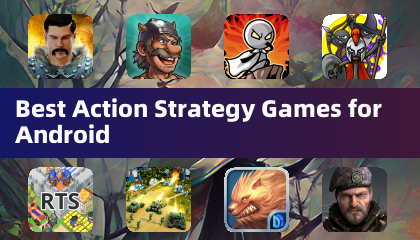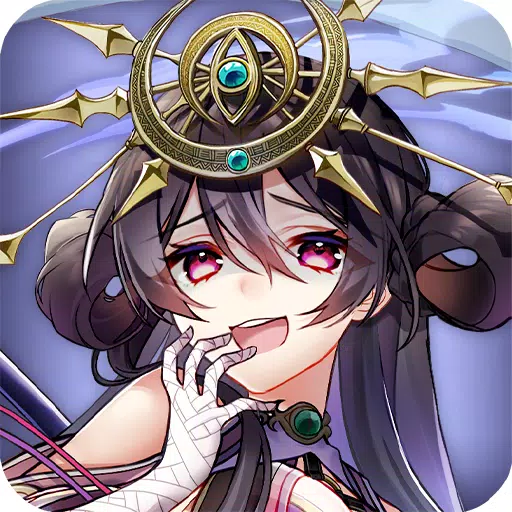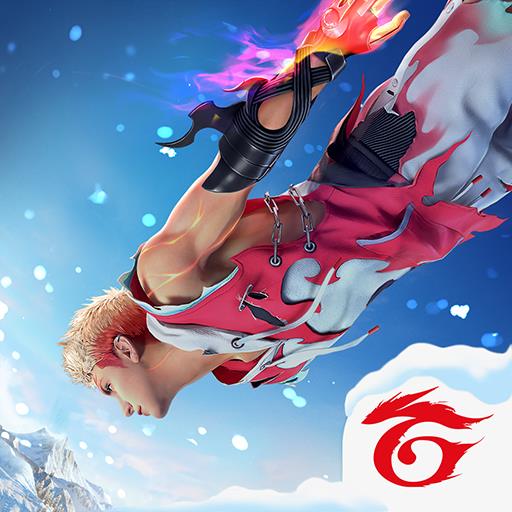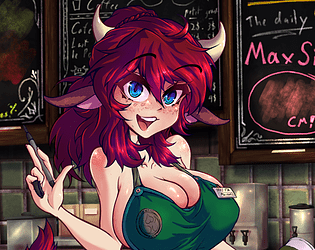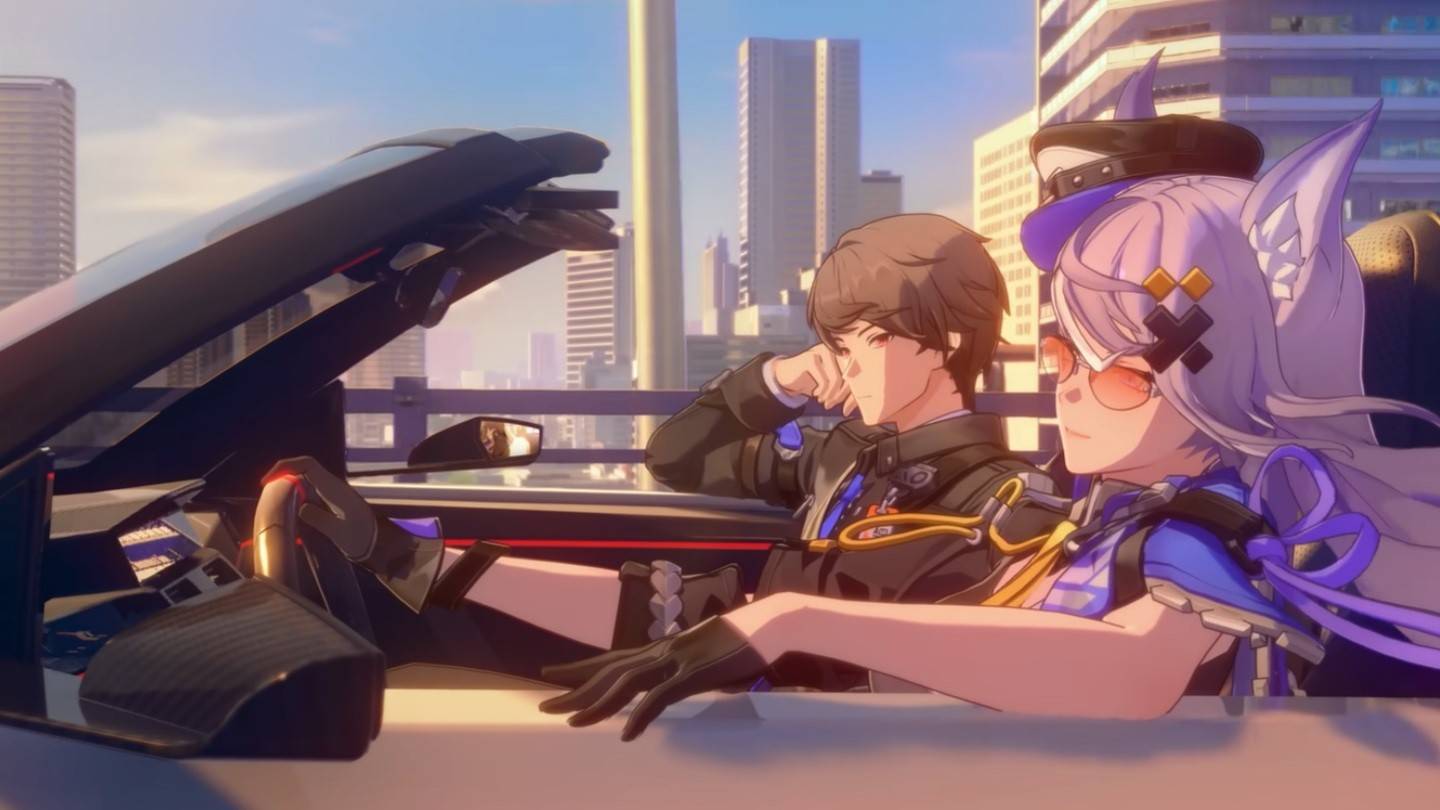Marvel Rivals, the widely popular mobile game that lets players build their ultimate Marvel superhero squads, has recently been at the center of a heated controversy. The development team rolled out a series of updates aimed at refining gameplay through changes to character balance, progression systems, and core mechanics. However, these adjustments were met with strong disapproval from the player community, prompting the developers to take decisive action by announcing a rollback of the contested changes.
In a comprehensive message to players, the team expressed sincere acknowledgment of the frustration caused and reaffirmed their dedication to listening to player concerns. They noted that while the intention behind the updates was to enhance the game experience and introduce new challenges, they had not fully anticipated how negatively these changes would affect players. By reverting the updates, the goal is to return the game to a state that reflects the fun and balance that originally made Marvel Rivals a favorite among fans.
The Power of Player Feedback
This situation underscores the increasing role of player input in shaping the trajectory of modern gaming. As games become more community-driven, developers are placing greater emphasis on maintaining open channels of communication with their audiences. In this case, the passionate response from Marvel Rivals players showcased the strength of collective feedback and highlighted the necessity for transparency, collaboration, and responsiveness in game development.
Looking Ahead: A More Collaborative Approach
To prevent similar issues in the future, the Marvel Rivals team has pledged to adopt a more inclusive approach to development. This includes engaging in regular player surveys, organizing live Q&A sessions, and introducing beta testing phases for upcoming features before they are officially released. These measures are intended to ensure that future content aligns more closely with player expectations and enhances the overall enjoyment of the game.
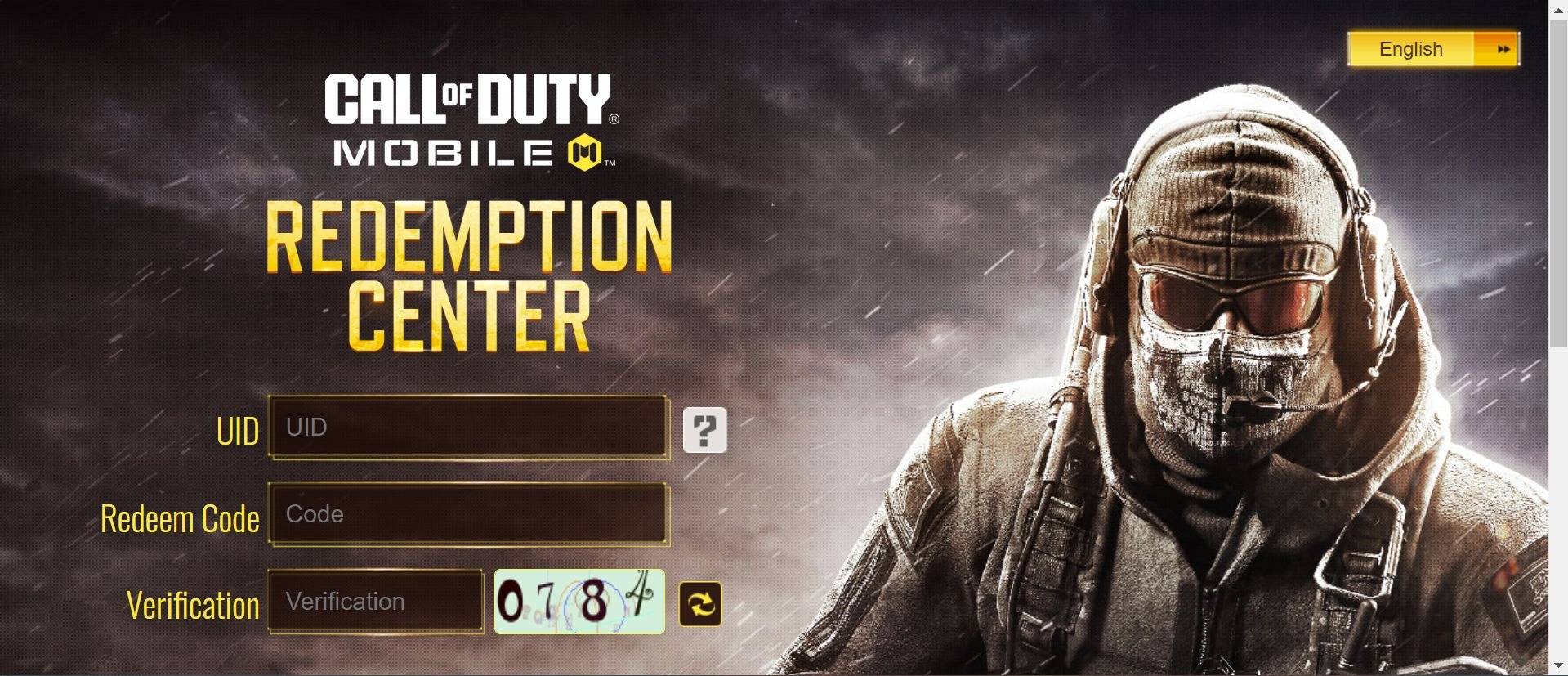
For fans, this rollback represents a powerful reminder of the impact that organized and vocal communities can have on the evolution of a game. It also reinforces the idea that successful game development hinges not only on innovation but also on respecting and integrating the perspectives of the player base. As the Marvel Rivals team moves forward, there’s renewed hope that a more collaborative development process will lead to a richer, more satisfying experience for all players.


